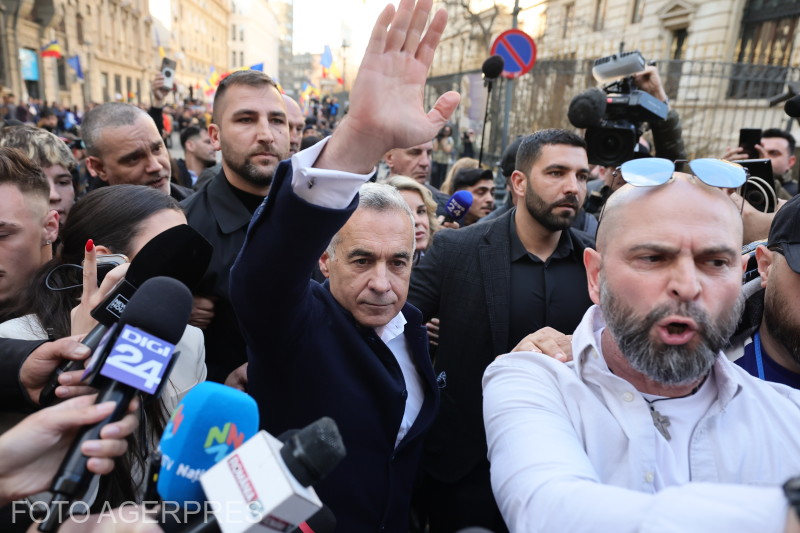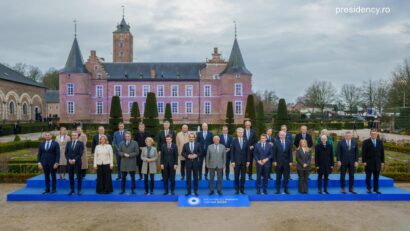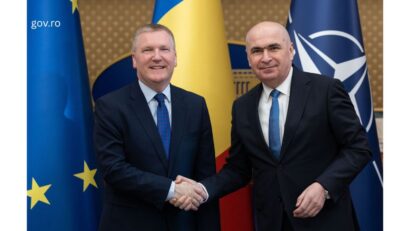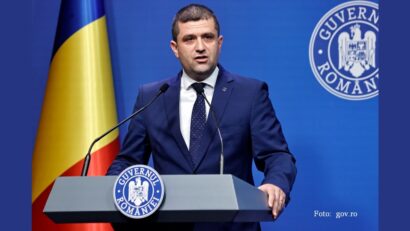Romania and the hybrid war
Romania has been the target of disinformation and hybrid war campaigns, says the country’s Prosecutor General.

Mihai Pelin, 17.09.2025, 14:00
In 2024, when Romania held four types of elections, including presidential, the country was the target of disinformation and hybrid war campaigns, and hostile parties sought to manipulate public opinion and influence the result of the vote. The conclusions of inquiries conducted by the Prosecutor General’s Office and presented by the head of the institution, Alex Florenţa, show that the campaign entailed cyber attacks, actions seeking to destabilise public order by means of disinformation and voter influencing. The person who benefitted from widescale large hybrid war that is believed to have been masterminded by Russia was the independent presidential candidate Călin Georgescu.
Romania must continue to cope with hybrid attacks, some of which are carried out using artificial intelligence, the prosecutor general said. He explained that the inquiry identified campaigns with clear links with Russia, which both before and after the 2024 elections carried out malicious information campaigns. Călin Georgescu has been indicted for complicity to attempted actions against the constitutional order and spreading false information. Prosecutors note that the plan he masterminded together with the mercenary Horaţiu Potra, a former soldier in the French Army’s foreign legion, who is indicted alongside some other 20 people, sought to change the constitutional order or to hinder or prevent the rule of law from being exercised by means of emotional and behavioural contagion at a time of high social tensions.
To this adds the systematic information manipulation begun many years ago and aimed at altering public perception and erode trust in the democratic order. Alex Florenţa explains:
“Beginning from November 2024, an intensification was noted among extremist communities of narratives and messages instigating hatred and violence associated with a campaign to promote an independent candidate and which created a climate of panic in society. An increase in the amount of inflammatory content instigating violent actions was initiated as early as around the first round of the elections, only to intensify systematically with the use of artificial intelligence. This type of narrative and the way in which the online content was created match Russia’s action pattern, being found in other states, as well as, like Moldova and Georgia.”
Alex Florenţa emphasised that today’s hybrid war is much more insidious, more perverse than traditional war and with far wider results when it comes to influencing the social and economic life of a state. In his opinion, Moscow conducted in Romania a campaign to micro-target the population by means of four patterns: identity nostalgia, conspiracy theories, religion and alternative medicine. This action is believed to have begun in 2019, but there were at that time no reports to this end to the Prosecutor General’s Office.






























